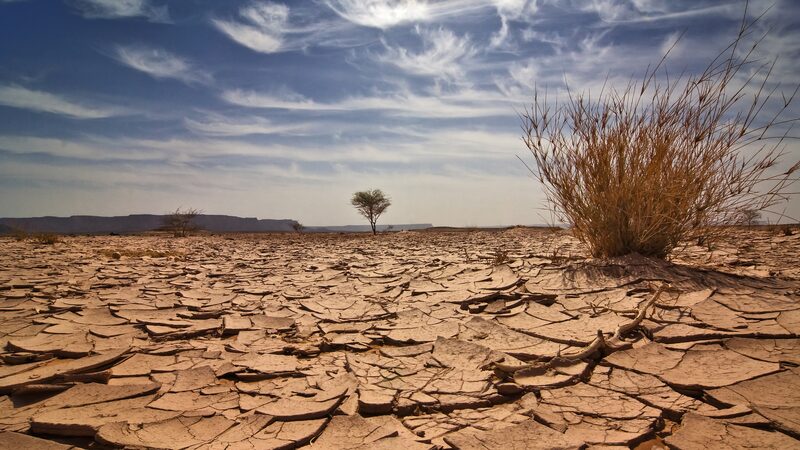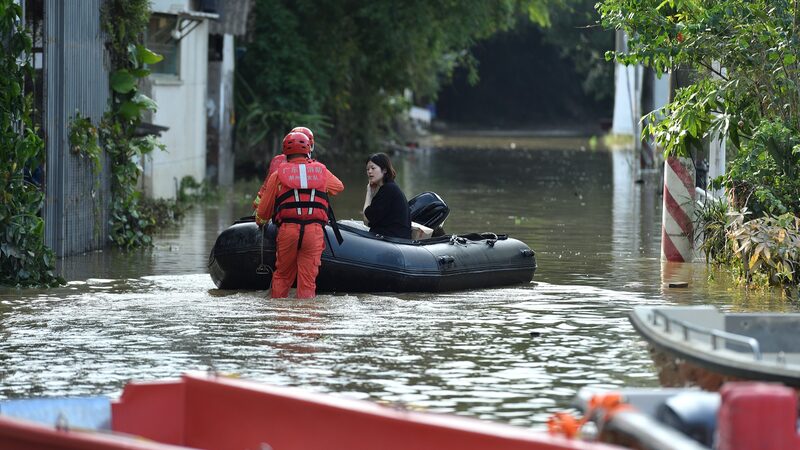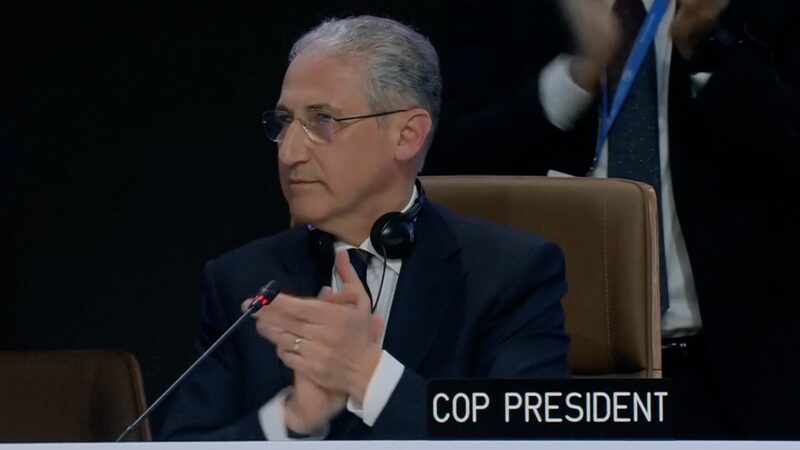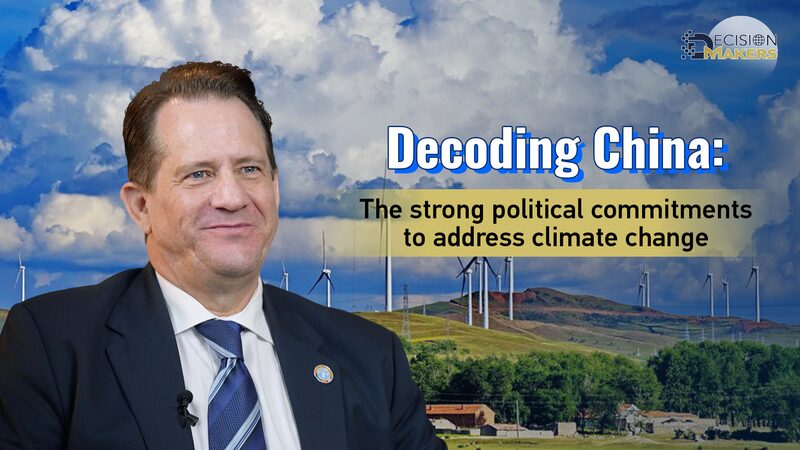Low- and middle-income countries are facing significant challenges in responding to climate change due to a lack of funding, according to a recent Australian study. Researchers from the University of Melbourne have found that current methods of measuring emissions linked to government lending are diverting private climate investment away from the nations that need it most.
The team from the university’s Sustainable Finance Hub highlighted that the existing standards and frameworks used to assess the emissions and climate-risk profiles of sovereign debt portfolios are having unintended negative effects on countries seeking investment. They discovered that one commonly used metric to gauge the emissions intensity of lending unfairly disadvantages lower-income nations. These countries often have lower GDPs and rely more heavily on emissions-intensive industries like agriculture, causing them to fare worse in comparisons with high-income economies.
“These countries face substantial challenges raising funds from private investors,” said Arjuna Dibley, lead author of the study and head of the Sustainable Finance Hub. “If well-meaning sustainable finance metrics make it harder again, this endangers our global response to climate change, which will have powerful negative effects for us all, including the private investors making these decisions.”
The study emphasized that many of these nations are already burdened with unsustainable debts. The current emissions intensity metric could further discourage investors from providing much-needed climate finance to these countries. The researchers called on investors to collaborate with academics to develop new metrics for assessing sovereign debt portfolios. These new measures should consider nations’ historical emissions performance and future trajectories.
They also urged financial institutions, regulators, and researchers to examine how existing metrics impact access to climate finance. By addressing these issues, the global community can work toward a more equitable distribution of resources to combat climate change effectively.
Reference(s):
Lack of funding limits climate efforts in lower-income nations, study
cgtn.com








